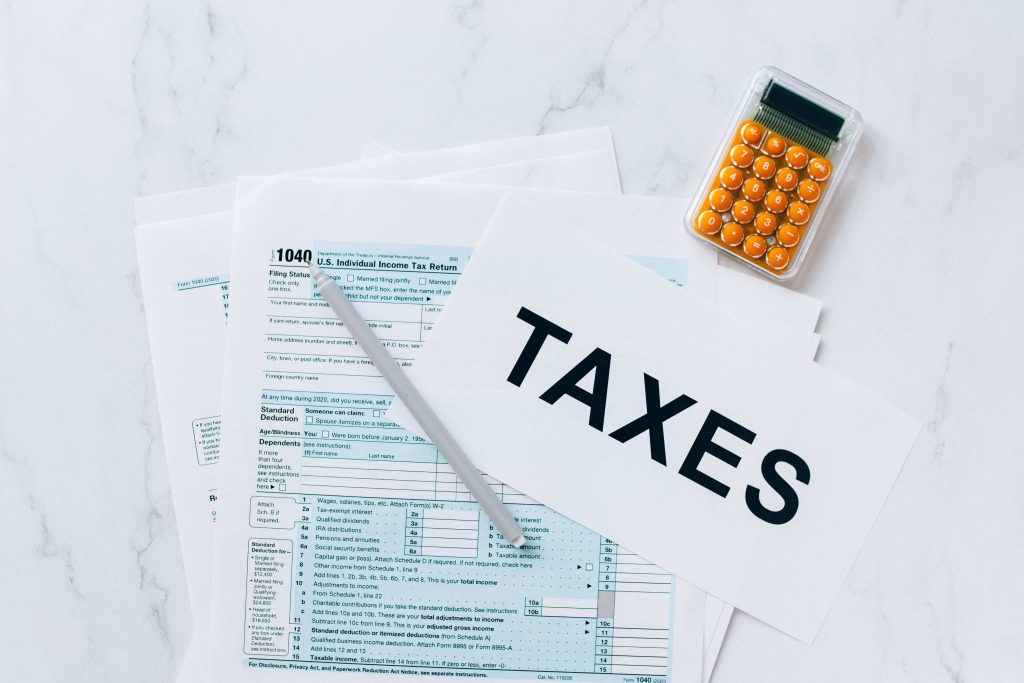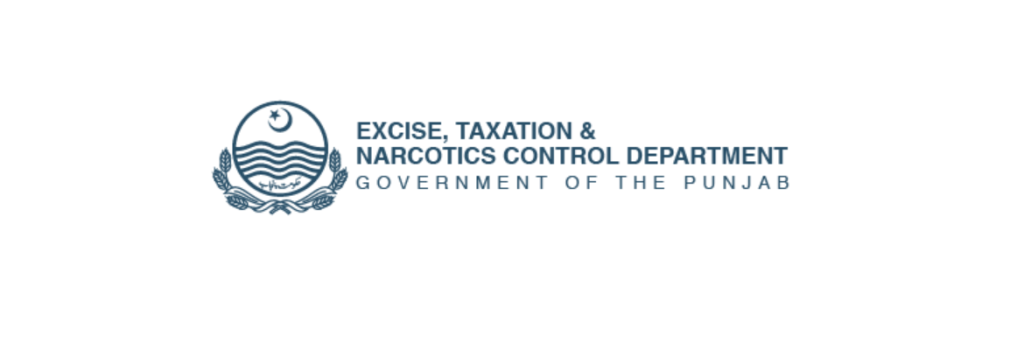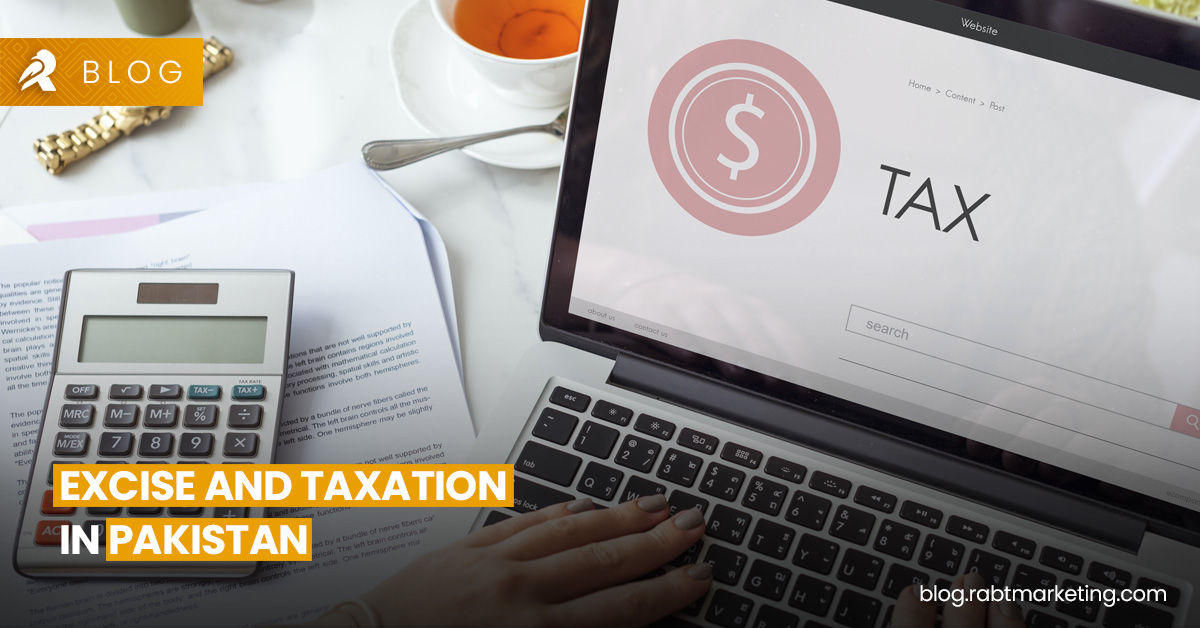Excise and taxation in Pakistan is a complicated and ever-changing field. The Federal Board of Revenue (FBR) is responsible for collecting taxes in Pakistan, and it does so through various means, including income tax, sales tax, and customs duties. The FBR also administers a number of excise taxes, which are taxes on specific goods and services.
Excise taxes are imposed on various goods and services, including alcohol, tobacco, petroleum products, and luxury goods. The excise tax rates vary depending on the good or service being taxed. They are an important source of revenue for the government of Pakistan, and they play a significant role in the country’s economy.
In addition to the FBR, a number of other government agencies are involved in taxation in Pakistan. These include the Provincial Revenue Authorities (PRAs), responsible for collecting taxes at the provincial level, and the Federal Tax Ombudsman (FTO), an independent body that hears complaints from taxpayers about the FBR.
Components of the Excise and Taxation System

The excise and taxation system in Pakistan comprises several essential components:
a) Income Tax
Income tax is a fundamental part of the tax system, levied on the earnings of individuals or businesses. Income tax rates vary depending on income levels to ensure a fair distribution of the tax burden. This means that people who earn more pay more taxes than those who make less money.
This helps ensure that everyone contributes to the government’s cost and that no one person or group pays too much or too little. Income tax is a source of revenue for governments worldwide and is used to fund public services, such as healthcare, education, and infrastructure.
b) Sales Tax
Sales tax is a consumption tax charged on selling goods and services at various supply chain stages. It is ultimately borne by the end consumer, who pays the tax when they purchase goods or services. Sales tax is a significant source of revenue for governments at all levels. It is a relatively efficient tax to collect, as it is difficult to avoid paying sales tax on purchased goods and services.
c) Customs Duty
Customs duty is a tax levied on imported goods. It is a form of protection for domestic industries, making imported goods more expensive than domestically produced goods.
The rates are also subject to change based on government policies and agreements. For example, a country may impose a higher customs duty on goods that threaten domestic industries. Additionally, countries may negotiate trade agreements that reduce or eliminate customs duties on certain goods.
d) Excise Duty
Excise duty is imposed on goods and services that are produced and sold within a country. It is a form of indirect taxation, which means that it is paid by the consumer of the goods or services rather than the producer. Excise duties are often used to raise government revenue and discourage the consumption of certain goods or services.
These taxes are typically levied on goods considered luxury items, such as alcohol, tobacco, and gasoline. They may also be charged on goods deemed harmful, such as sugary drinks and unhealthy foods. In some cases, excise duties may be used to protect domestic industries from foreign competition.
Also, Read Our Blog: Understanding Property Taxes in Pakistan 2023
Excise and Taxation Departments in Pakistan
The Excise and Taxation Departments in Pakistan play a vital role in the country’s economic development and revenue generation. These government bodies are responsible for the collection of taxes, levies, and duties, as well as regulating various economic activities. These departments are entrusted with the responsibility of formulating and implementing taxation policies that align with the country’s economic goals. In Pakistan, there are five taxation departments. These departments are located in Islamabad, Punjab, Sindh, Balochistan, and Kpk.
Excise and Taxation Department Islamabad

The Excise and Taxation Department of Islamabad, often referred to as Excise and Taxation Islamabad, is responsible for collecting different kinds of taxes and excise duties from the citizens of the federal territory. These include professional taxes, education access taxes, real estate or vehicle taxes, etc.
Functions
The Excise and taxation department Islamabad is responsible for collecting a variety of tax including;
Professional Tax: A tax imposed on the income earned from trade or business activities that are not covered by Excise or other related laws. It is payable by all professionals, including doctors, lawyers, engineers, and accountants. NTN Verification is required for paying these taxes.
Bed Tax: A tax imposed on hotels in Islamabad with at least 25 beds. The tax rate is 5% of the room rent.
Vehicle/ Real Estate Dealer Tax: A tax payable by all vehicle/motor and real estate dealers within the boundaries of Islamabad. The tax rate is 1% of the sale value of the vehicle or property.
Education Cess: A tax payable by any company comprising ten or more employees. The tax rate is 1% of the total salary paid to the employees.
Punjab Excise, Taxation, and Narcotics Control Department

The Punjab Excise, Taxation, and Narcotics Control Department is a vital entity operating within the province of Punjab. Its primary objective is to regulate and control various excise, taxation, and narcotics monitoring activities.
The department has introduced various initiatives to improve its efficiency and enhance revenue collection. One such initiative is implementing an online tax payment system, making it easier for citizens to fulfil their tax obligations.
Functions
Tax Collection: The department collects taxes on vehicles, property, and other commodities.
Regulation of Alcohol: It is responsible for regulating the issuance of licenses for the sale and consumption of alcoholic beverages.
Narcotics Control: The department takes measures to curb drug trafficking and abuse.
Sindh Excise, Taxation, and Narcotics Control Department

Similar to Punjab, the Sindh Excise, Taxation, and Narcotics Control Department operates in the province of Sindh.
Functions
Vehicle Registration: The department is responsible for registering vehicles and collecting related taxes.
Taxation of Services: It oversees the taxation of various services offered within the province.
Combatting Drug Menace: The department actively combats drug trafficking and monitors drug-related activities.
Khyber Pakhtunkhwa Excise, Taxation, and Narcotics Control Department
The Khyber Pakhtunkhwa Excise, Taxation, and Narcotics Control Department is responsible for excise and taxation matters in the province of Khyber Pakhtunkhwa. The department organizes workshops and seminars in schools and colleges to educate students about the dangers of drug addiction and its consequences.
Functions
Excise Duties: The department levies excise duties on goods like alcohol and tobacco.
Taxation Policies: It formulates taxation policies and ensures their implementation.
Preventing Drug Abuse: The department carries out awareness campaigns to prevent drug abuse among the youth.
Balochistan Excise and Taxation and Anti-Narcotics Department
The Balochistan Excise and Taxation Department operates in the province of Balochistan and plays a vital role in revenue generation.
Functions
Revenue Collection: The department collects excise and taxation revenue to fund development projects.
Registration of Vehicles: It is responsible for registering vehicles and ensuring compliance with road regulations.
Eradicating Tax Evasion: The department takes strict action against tax evasion and encourages tax compliance.
Services Offered by Excise and Taxation Departments
1. Taxpayer Registration and Identification
One essential service these departments provide is taxpayer registration and identification. Citizens and businesses must register themselves to obtain a unique taxpayer identification number (TIN), which is used for all tax-related transactions.
This number is used to track taxpayers and ensure that they are paying their fair share of taxes. Additionally, it aids in the prevention of fraud and the detection of identity theft. Sometimes, a TIN may be required to open a bank account, purchase property, or apply for a loan.
2. Filing of Tax Returns
The Excise and Taxation Departments allow individuals and businesses to file their tax returns regularly. This process involves disclosing income, expenses, and deductions, ensuring transparency and compliance with tax regulations. Tax returns are important because they inform the government how much money people and businesses make. This information calculates taxes and ensures everyone pays their fair share.
Tax returns are a legal requirement in most countries. Failure to file a tax return can result in penalties and interest. In some cases, it can even lead to criminal prosecution. It is important to file your tax return accurately and on time.
3. Taxpayer Education and Awareness
To help citizens and increase compliance, these departments conduct taxpayer education programs. These workshops and seminars aim to educate people about tax laws, the importance of paying taxes, and compliance benefits. Tax laws can be complex and challenging to understand, so these programs provide a valuable service by helping people learn about their rights and responsibilities as taxpayers.
They also emphasize the importance of paying taxes on time and accurately and the consequences of non-compliance. By educating taxpayers, these programs can ensure that everyone pays their fair share and the tax system is fair and equitable.
4. Online Tax Payment Facilities
Excise and Taxation Departments have made it easier for taxpayers to pay their dues by providing online platforms. This digital transformation has significantly reduced the hassles associated with manual tax payments. Previously, taxpayers had to go to the department’s office in person to pay their taxes. This could be time-consuming and inconvenient, especially for taxpayers living far from the department’s office. Additionally, manual tax payments were prone to errors.
Additionally, these platforms offer various payment options, making it convenient for taxpayers to pay their taxes using their preferred method. The digital transformation of tax payments has been a major success. It has made it easier for taxpayers to pay their taxes, reduced the hassles associated with manual tax payments, and improved the accuracy of tax payments.
5. Tax Rebates and Incentives
Government departments offer tax rebates and incentives to promote certain activities or industries. These measures encourage taxpayers to invest in specific sectors, which can stimulate economic growth. For example, a government might offer a tax break for businesses that invest in renewable energy. This would encourage businesses to invest in this sector, which could lead to the development of new technologies. Tax rebates and incentives can be powerful tools for governments to use to promote economic growth.
6. Tax Dispute Resolution
These departments facilitate a structured resolution process for discrepancies or disputes. Taxpayers can file appeals or seek clarification on tax-related matters through designated channels. This process is designed to be fair and impartial and to ensure that all parties involved have a chance to be heard. The goal is to reach a satisfactory resolution for both the taxpayer and the government.
If a taxpayer is not satisfied with the outcome of the resolution process, they may be able to take their case to court. However, this is usually a last resort, as it can be a long and expensive process.
Conclusion
The excise and taxation in Pakistan constitute a complex and dynamic system crucial to the country’s economic stability and growth. The Federal Board of Revenue (FBR) is at the forefront of collecting taxes, employing various means such as income tax, sales tax, customs duties, and excise taxes on specific goods and services. These taxes, including those on alcohol, tobacco, petroleum products, and luxury items, serve as essential sources of government revenue.
The Excise and Taxation Departments in various provinces, such as Islamabad, Punjab, Sindh, and Khyber Pakhtunkhwa, operate to collect taxes, regulate activities related to excise, taxation, and narcotics control, and contribute to revenue generation and social welfare initiatives.

